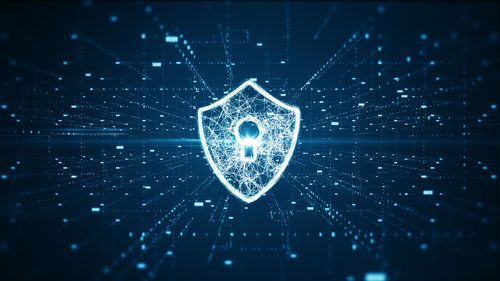In recent years, the Third-Party Logistics (3PL) industry has seen a profound digital transformation. Advanced analytics, real-time tracking, and AI-driven automation have fundamentally changed operations, increasing efficiency and enhancing customer satisfaction. Yet, alongside these benefits, the industry faces a critical challenge: cybersecurity. As reliance on digital technologies increases, so does the importance of safeguarding these systems.
In an interconnected world, the threat landscape is constantly evolving. Cyberattacks, data breaches, and other security incidents can disrupt operations, tarnish reputations, and lead to substantial financial loss. In a 3PL context, these incidents can also ripple through the entire supply chain, causing widespread disruption.
Given these risks, a robust approach to cybersecurity is essential. The integrity of digital infrastructures is crucial not only for smooth operations but also for maintaining the trust of clients. In this context, a multi-faceted cybersecurity strategy is key.
Here are several core elements of an effective cybersecurity approach within the 3PL industry:
1. Risk Assessment: Regular risk assessments can identify potential vulnerabilities in digital infrastructures and help prioritize areas for improvement.
2. Security Controls: Implementing stringent security controls, including firewalls, encryption, access controls, and intrusion detection systems, can protect networks and data.
3. Security Training: Ongoing employee training ensures that the workforce understands the latest cybersecurity threats and best practices.
4. Incident Response Plan: A well-defined incident response plan outlines the steps to be taken in the event of a security incident.
5. Partnerships: Collaborating with cybersecurity experts and industry partners can keep an organization updated about the latest threats and best practices.
6. Compliance: Adherence to all relevant industry standards and regulations ensures that cybersecurity measures meet or exceed required levels of protection.
Proactive attention to cybersecurity can protect digital infrastructures, ensure the continuity of operations, and maintain client trust. Cybersecurity is not a one-time task but an ongoing commitment. As the threat landscape evolves, so too must the measures taken to protect against it.

